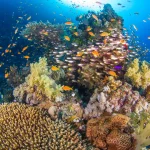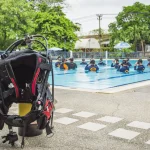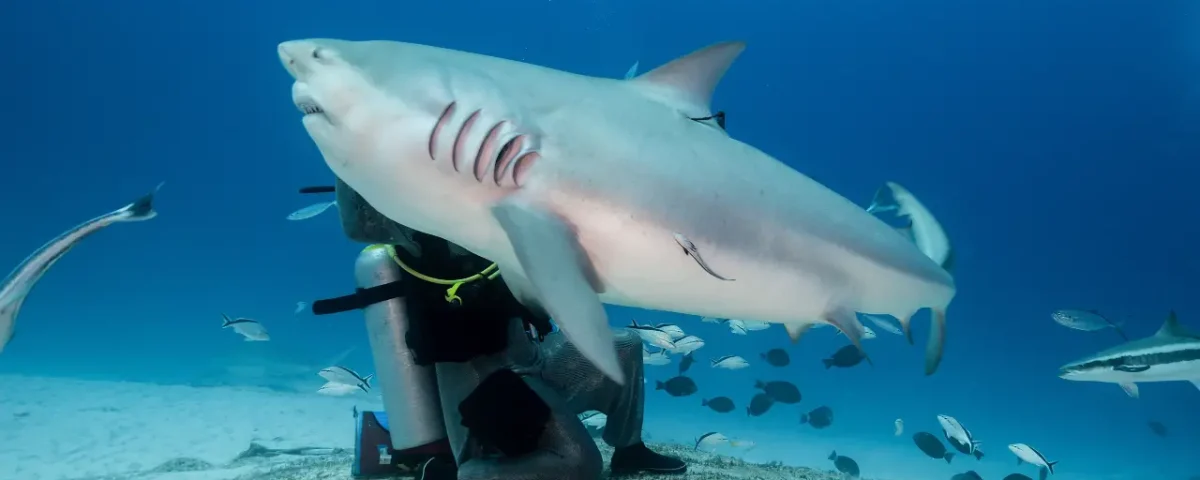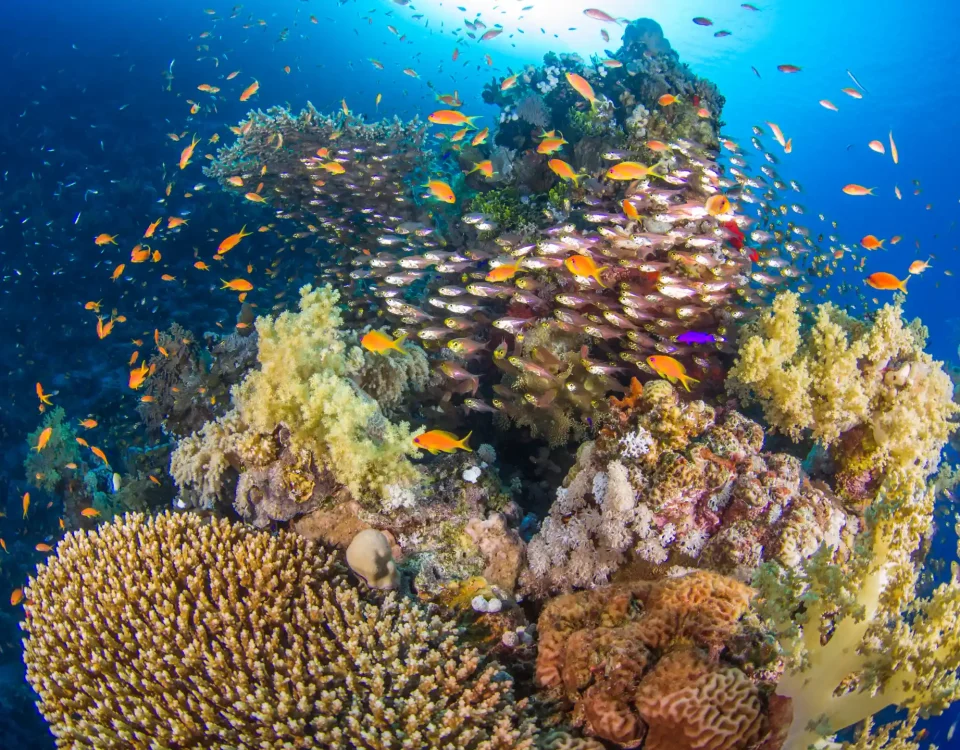
The Best Places to Dive in the Red Sea — Why Hurghada Deserves a Top Spot
April 24, 2025
Why Equipment Maintenance is a PADI Instructor’s Responsibility
June 11, 2025Eco-Friendly Scuba Travel: Destinations Leading the Way in Sustainable Diving
Scuba diving allows us to explore the remarkable underwater world, but with this privilege comes a responsibility to protect these fragile ecosystems. Sustainable diving practices and eco-friendly travel are essential to preserving marine biodiversity. Here, we spotlight dive destinations leading the way in sustainable diving, including Bohol in the Philippines, Costa Rica, and Fiji, along with other pioneering eco-dive locations.
1. Bohol, Philippines: Marine Sanctuaries and Conservation
Bohol stands out as a model for marine conservation while diving in the Philippines, with numerous protected marine sanctuaries such as Balicasag Island Marine Sanctuary. These areas safeguard vibrant coral reefs and support sustainable tourism by limiting diver numbers and enforcing strict conservation regulations. Community-driven efforts ensure that locals actively participate in protecting their marine resources, fostering a deeper connection between divers and the environment. Dive sites here brim with diverse marine life, including turtles, schooling fish, and vibrant corals, highlighting the success of conservation initiatives.
2. Costa Rica: Eco-Conscious Diving
Costa Rica is internationally recognized for its commitment to sustainable tourism and eco-friendly diving practices. Its dive operators prioritize minimizing environmental impacts by employing strict guidelines, including proper buoyancy control to prevent coral damage, controlled group sizes, and extensive diver education programs. Dive sites like Cocos Island, a UNESCO World Heritage Site, are closely monitored and managed to preserve their extraordinary biodiversity, including sharks, rays, and sea turtles. Costa Rica’s dedication to sustainability makes it a prime choice for eco-conscious divers.
3. Fiji: Community-Led Reef Restoration
Fiji is not just a paradise for divers; it is also a leader in community-driven marine conservation. Initiatives such as reef restoration projects and shark protection programs in Beqa Lagoon showcase Fiji’s commitment to environmental sustainability. Dive operators actively involve local communities in coral planting programs, marine education, and sustainable fishing practices. The world-renowned shark dives here contribute significantly to shark conservation efforts by promoting awareness and generating funds that directly support protective measures.
4. Bonaire: Pioneer of Marine Protection
Bonaire, a small Caribbean island, has long been at the forefront of sustainable diving. The entire island is surrounded by a national marine park, strictly regulating diving and fishing activities. Divers here must adhere to strict guidelines designed to minimize impact, such as prohibitions on wearing gloves and regulations on buoyancy control. Bonaire’s robust protection measures have allowed its coral reefs and marine life to flourish, providing divers with some of the healthiest reefs in the Caribbean.
5. Palau: Innovative Conservation Policies
Palau, in the western Pacific, has introduced groundbreaking marine conservation policies, including the Palau Pledge, requiring visitors to sign an environmental pledge stamped in their passports. Palau’s dive tourism emphasizes minimal environmental impact, and diving practices strictly enforce conservation regulations. The nation has also established vast marine sanctuaries to safeguard sharks, manta rays, and coral reefs, creating a marine environment thriving with biodiversity.
6. Galapagos Islands, Ecuador: Balancing Tourism and Preservation
The Galapagos Islands offer divers a unique glimpse into an ecosystem where marine life thrives thanks to stringent conservation measures. Managed by strict regulations governing visitor numbers and diving practices, this UNESCO World Heritage Site carefully balances tourism with environmental preservation. Divers witness incredible marine wildlife such as hammerhead sharks, whale sharks, and marine iguanas, serving as a powerful reminder of the importance of responsible dive tourism.
Diving Responsibly for the Future
Choosing eco-friendly diving destinations like Bohol, Costa Rica, and Fiji, alongside other exemplary sites such as Bonaire, Palau, and the Galapagos Islands, not only enriches diving experiences but also supports global marine conservation efforts. Sustainable diving ensures that future generations can continue to marvel at the extraordinary underwater world, underscoring the critical role divers play in protecting our planet’s oceans.


